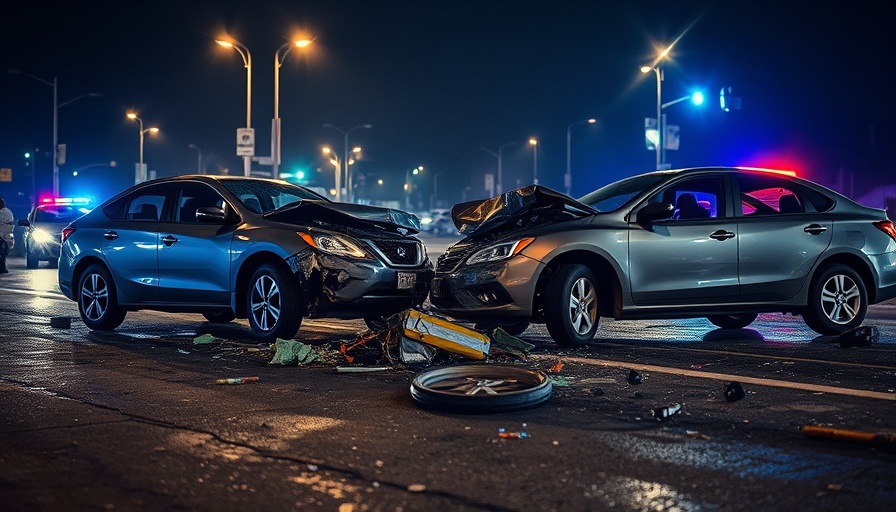
Ohio Activists Push to End Qualified Immunity: The Story Behind the Movement
In Columbus, Ohio, a powerful grassroots movement is gaining momentum as activists rally to gather signatures for a constitutional amendment that aims to end qualified immunity for police officers and government officials. This movement stems from a deep-seated frustration over the challenges citizens face in seeking justice when police actions result in harm or damage.
Understanding Qualified Immunity
Qualified immunity is a legal doctrine that protects government employees, including police officers, from being held personally liable for civil damages unless it can be proven that they violated a clearly established statutory or constitutional right. This means that victims often find it nearly impossible to successfully sue law enforcement for misconduct or negligence, as evidenced by real-life testimonies like that of Steven Rockich.
Rockich faced a daunting reality when an Akron police officer caused a car accident that wrecked his vehicle, leading to substantial financial burden. "I could not believe my eyes, man, I was like what the heck?" he recounted, addressing the damages he incurred. Despite the officer being deemed liable, Rockich found himself footing the bill.
The Push for Change
Activists like Marije Rivers are at the forefront of this movement, organizing efforts through the Ohio Coalition to End Qualified Immunity. Rivers explains the uphill battle many victims encounter, stating, "It's hard to prove that exact, because you would initially need full evidence, with redactions, with opinions, with point of views, audio. It's so hard to get it exactly right." Through signature collection, they aim to amend the state constitution, which would allow victims to pursue damages more efficiently and fairly.
The proposed amendment could transform the landscape of accountability in policing. Advocates argue that it would ensure justice for victims while creating incentives for good policing practices, alternately holding officers responsible for their actions.
Cautious Supporters: Perspectives from Law Enforcement
However, the movement is not without its detractors. Law enforcement officials, like Jay McDonald, president of the Ohio Fraternal Order of Police, express concerns. McDonald articulated that fear of lawsuits could hinder police officers from performing their duties effectively. “If I am worried about whether or not I'm going to get sued and lose my house and put my family at risk,” he said, “then I'm also going to be worried about whether I should proactively police that neighborhood.” This tension underscores the cultural divide regarding police accountability and public safety.
Incidents Highlighting the Need for Reform
A report highlighted thousands of instances where emergency vehicles have been at fault in crashes across Ohio in recent years. This brings into question the implications of qualified immunity laws and whether they protect officers from facing repercussions for negligent conduct.
The Importance of Holding Authorities Accountable
The call for an end to qualified immunity goes beyond legal reform; it’s about restoring justice and creating a balanced relationship between law enforcement and the communities they serve. Citizens want to ensure their rights are protected and that they have recourse when harm comes their way through the actions of those sworn to protect them.
What’s Next for the Amendment?
As activists forge ahead with signature collection, the outcome of their efforts could reshape the relationship between police officers and the communities they serve. With a message rooted in accountability and fairness, many believe this movement could spark broader discussions regarding police practices across the nation. The voices of Ohio’s citizens are rising, and the outcome of this initiative may set a precedent for similar movements elsewhere.
 Add Row
Add Row  Add
Add 




 Add Row
Add Row  Add
Add 








Write A Comment